CORPORATE
How Messrs Subrahmanyan & Murthy’s hard work call is counter-productive...
- IBJ Bureau
- Jan 27, 2025
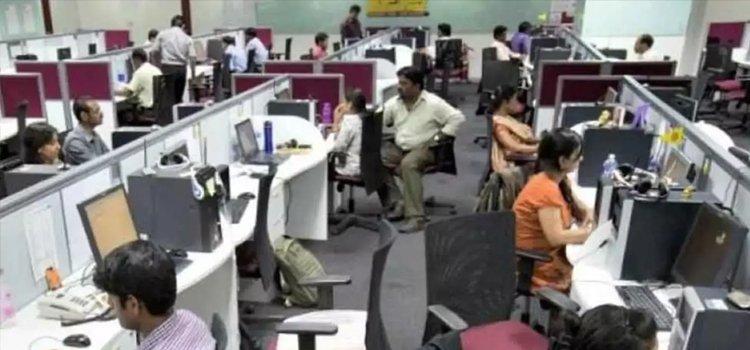
S N Subrahmanyan is the latest to jump on the bandwagon of corporate chiefs urging Indians to work hard. With his 90-hour work week, the Larsen & Toubro (L&T) chairman has outdone Infosys co-founder N R Narayana Murthy, who had called for a 70-hour work week. In an internal meeting of the company, Mr Subrahmanyan regretted that he was not able to make his employees work on Sundays too. “What do you do sitting at home? How long can you stare at your wife,” he had questioned, reigniting impassioned debates across general and social media.
Joining the debate, corporate leaders of all stripes, from Bhavish Agarwal of Ola to Bombay Shaving Company’s CEO Shantanu Deshpande, have advocated harsher work regimen for a variety of reasons, ranging from character-building to nation-building. Of course, there were other corporate heads, like Mahindra Group Chairman Anand Mahindra, RPG Group Chairman Harsh Goenka and many others have spoken out against hard work and insisted on working smarter, irrespective of the hours of work.
The L&T chief’s comments have sparked a sharp backlash. Many people point that Mr Subrahmanyan and other top brass of India Inc rake in millions in salary, apart from other bonuses, perks, ESOPs and so on. On the other hand, the employees that they are expecting to emulate them are mostly average-paid workers, they argue.
The question is not entirely about the salary gap. Hard work, punishing working schedules and stiff deadlines have had many undesirable results in the past few years. The death of a young woman at EY and the untimely deaths of several business leaders in recent times highlight what high stress at workplace will ultimately lead do.
For many top CEOs, working hard may be a passion. But for crores of Indians hard work is more of a compulsion. For a majority of the country’s workforce with low income, fewer job opportunities and inadequate support systems, life is one unending struggle. So willy-nilly, they end up working very long hours for correspondingly very low remuneration.
As it is, employees in Asian countries work an average of nearly 49 hours a week in contrast to 37.9 hours per week in North America and about 37-odd hours in Europe. But when it comes from those at the top of the pyramid, such statements show a shocking lack of consideration for the human cost of such benchmarks. It overlooks employees’ well-being, both physical and mental, familial demands and long-term sustainability.
The demand for longer hours of hard work from a section of India Inc has once again brought to the fore the need for the right work-life balance. This work-life balance is of utmost importance, as it recharges the body and the mind and prepares employees to be productive when they resume their work. This balance essentially prevents them from suffering burnouts, which ultimately take a heavy toll on the work.
Smart work, as opposed to hard work, is about increasing flexibility of work and testing new ideas and methods. Several studies have shown that smart work leads to better quality of work and may result in greater outcomes at a lower cost than hard work.
COVID-triggered work-from-anywhere concept has shown beyond any doubt that better work outcomes are possible. Moreover, the novel concept can actually enhance the outcomes with flexible work styles, timings and personal autonomy. Benefits of smart work far outweigh those of hard work. So next time, before another corporate chief tries to beat Messrs Subrahmanyan and Murthy, they better care to understand the wonders of work-life balance and smart work.

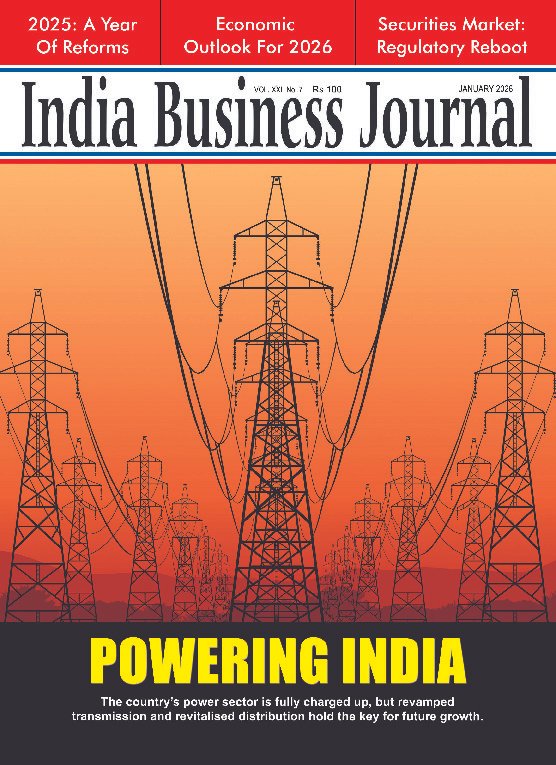

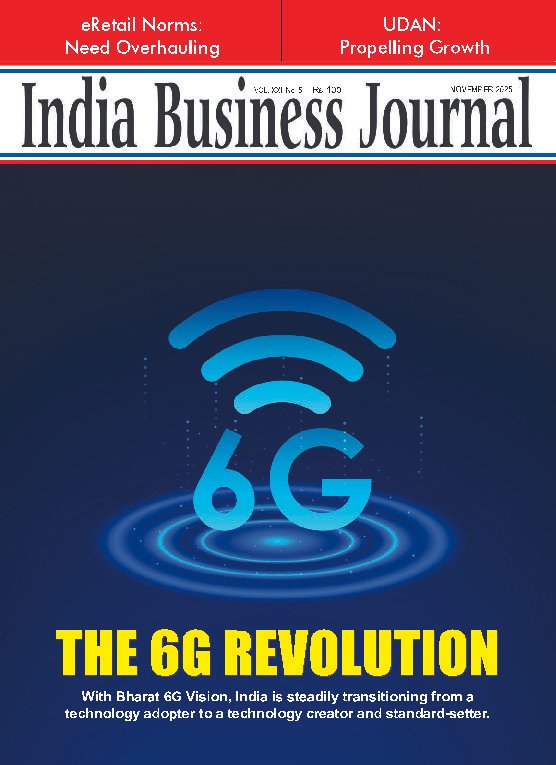

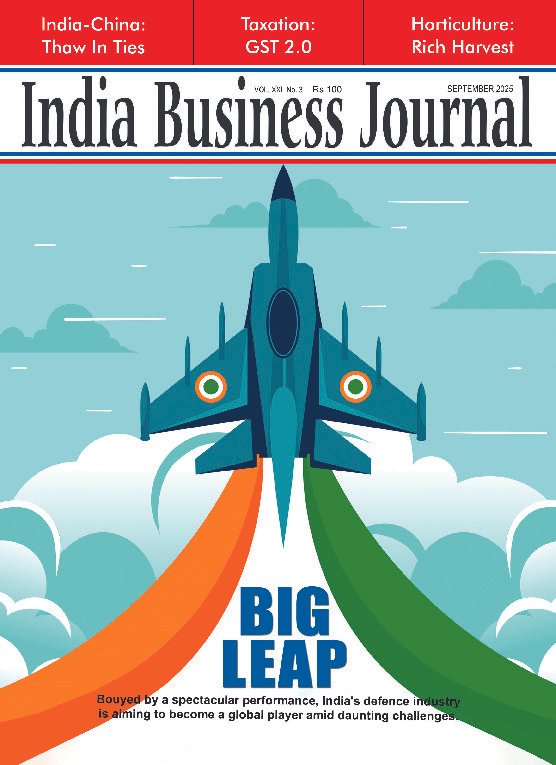






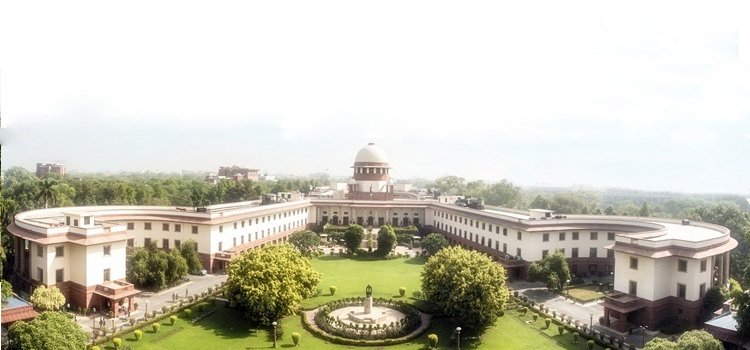

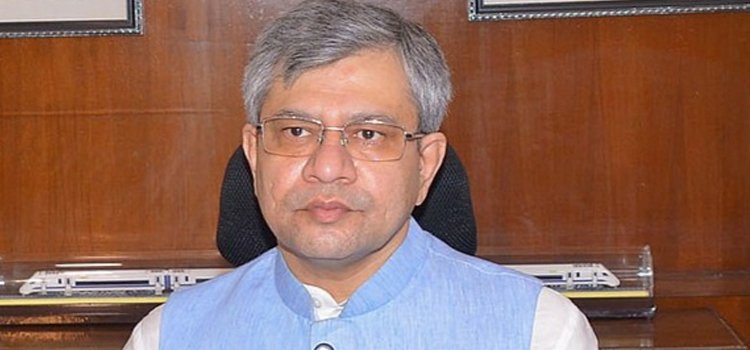






Report By
View Reporter News